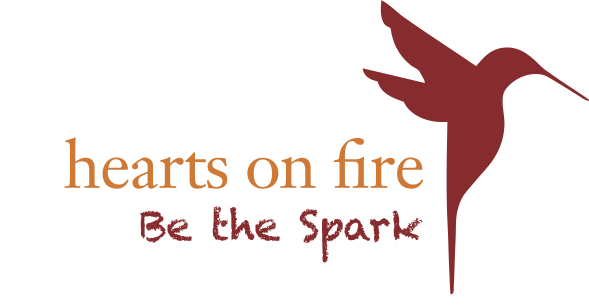MICHAEL LONG | SAIL FUTURE
Rescue at Sea
It was early morning in Florida. Like many high school dropouts with nowhere to go, 15-year-old Michael Long was lounging on the couch, watching television. Suddenly, the door came crashing down, smashed off its hinges by two masked men armed with assault weapons. In a split second, Michael was thrown on the ground with rifles pointed at his head. His troubled life was over.
“Our poverty, my Mom and I, is probably what drove most of my criminal behavior.
I didn’t know how to cope with the chaos and pain I felt at home. I broke into people’s homes and stole people’s cars and got entrenched in the drug trade in a pretty deep way that was very hard for me to break out of.”
The law had caught up with Michael and, in the end, that is what saved him.
“I’m not proud of the things I’ve done but I think it made me what I am today.”
As a result, Michael spent two years in and out of Florida's juvenile justice system. He had the time to take a close look at himself, and at the justice system he was apart of.
“Kids in our juvenile justice system commit crimes because of the environmental hazards and circumstances they grow up in, not because they have some corrupt character that labels them as an evil person.”
That awakening was bolstered by the life-changing words of a kindhearted detention center staffer who saw something in Michael and told him, “Honey, you don’t belong here.” He was to prove her right.
After serving his time, Michael committed himself to getting an education and helping other boys headed for troubled waters or already drowning.
“How do we hold kids accountable for their mistakes without destroying their futures?”
The result is SailFuture.
SailFuture's intervention programs help high-risk youth in the juvenile justice system and youth at-risk of charting a similar path become responsible and happy members of their communities.
Judges refer young men 14-18 to the SailFuture program where they live on board a sailboat with a licensed mental health counselor, a captain and a teacher. They are provided with daily, one-on-one counseling, GED classes and vocational training.
The organization has two core programs, SailFuture Odyssey and SailFuture Fellowship. Both rest on the philosophy that for youth to be truly transformed, they must be engaged in transformational experiences.
The sailing curriculum ties the fundamental principles of sailing to important life skills and values that the students have missed out on. Talking about setting goals, conflict resolution, and teamwork through the lens of racing sailboats makes these critical conversations more relatable and easier to understand.
“We’ve all gotta do a lot more to make sure that we have more success stories coming out of the (juvenile justice) system than we have failures.”
Michael says in the three years since he founded SailFuture, the rate of recidivism among his students is an amazing 0%. When the students become sailors, and that is attached to their identity, they start to grow as individuals and ask themselves ‘What else can I do? Who else can I become?’
Michael studied public policy and economics at New College of Florida and is a 2013 Truman Scholar. He is an avid sailor and holds a 50-ton U.S. Coast Guard Captain's license.




